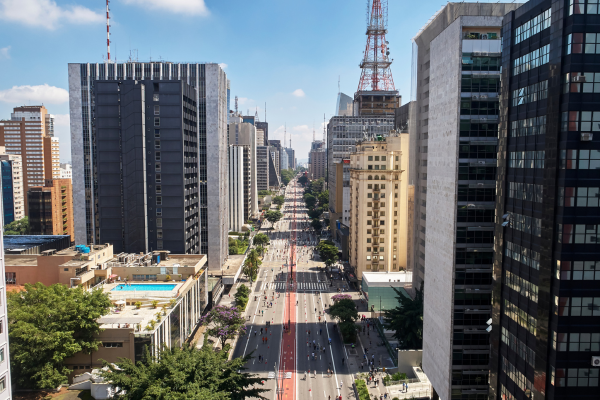Data from Abracorp (Brazilian Association of Corporate Travel Agencies) show results matching or surpassing pre-pandemic levels
The corporate travel sector in Brazil reached a record revenue of R$ 3.3 billion in the third quarter of 2024, surpassing the performance of 2019, prior to the COVID-19 pandemic, when revenue was R$ 2.992 billion. For the year, the sector projects a record R$ 15 billion in revenue. The data comes from the Brazilian Association of Corporate Travel Agencies (Abracorp), which monitors the monthly performance of 11 sectors in the travel market.
One of the key drivers of this growth was the hospitality sector. The segment reported revenues of R$ 355 million in September 2024, a significant increase compared to R$ 322 million in the same period of 2023 and R$ 249 million in 2019. Abracorp highlights the upward trend in hospitality as one of the main forces in the travel industry, particularly in cities like São Paulo and Rio de Janeiro, where the hotel network has become a vital support hub for business tourism.
Car rentals also saw substantial growth. In September 2024, the sector recorded revenue of R$ 30 million, nearly double the R$ 15.9 million achieved in September 2019. This performance reflects the sector’s consolidation and the increasing demand for mobility and flexibility in corporate travel. Companies aiming to provide greater autonomy for employees on the move are driving the growth of car rentals, ensuring the sector’s continued expansion.
Another standout segment was road transportation, with revenues of R$ 6.4 million in September 2024, far exceeding the R$ 969,000 recorded in 2019. According to Abracorp, this growth is linked to the rising demand for alternative mobility options for short-distance corporate travel, where the comfort and convenience of road travel offer a competitive edge.
Travel and leisure packages also demonstrated notable growth, reaching R$ 11.1 million in revenue in September 2024. This trend reflects a growing interest among corporate travelers in extending their stays for leisure and relaxation after professional commitments. Known as “bleisure” (a combination of “business” and “leisure”), this phenomenon is creating new opportunities for the tourism sector by blending work and recreation.




